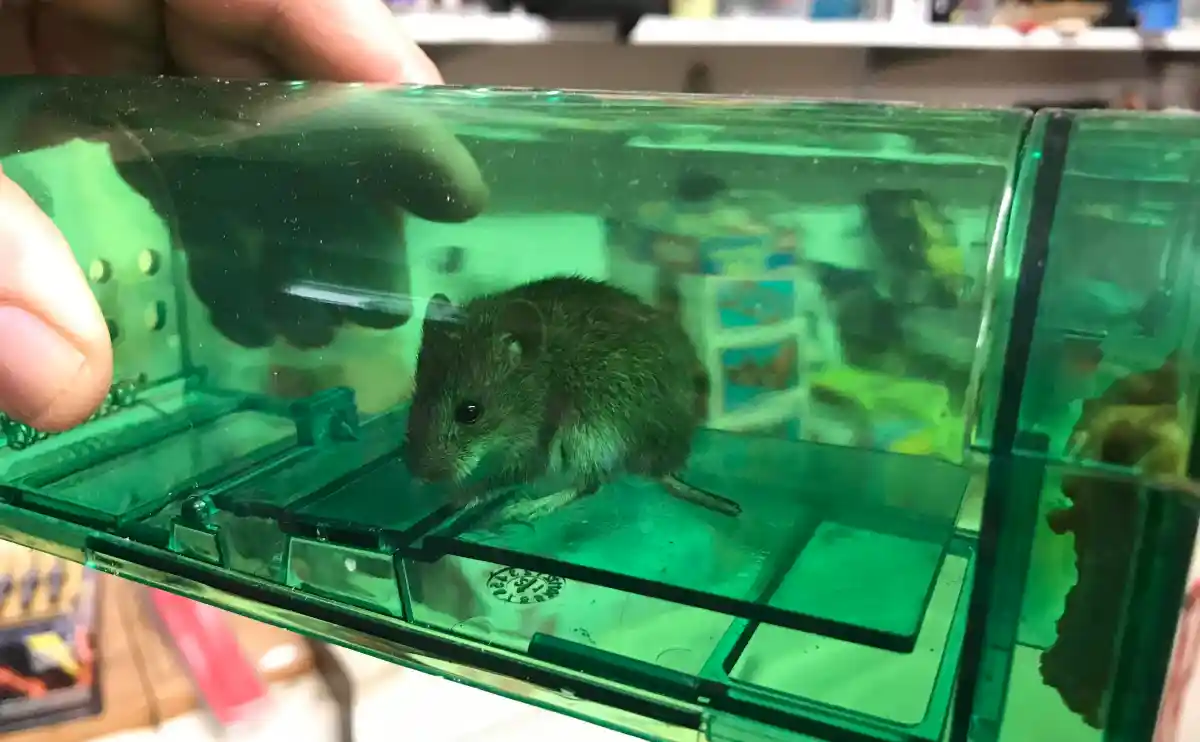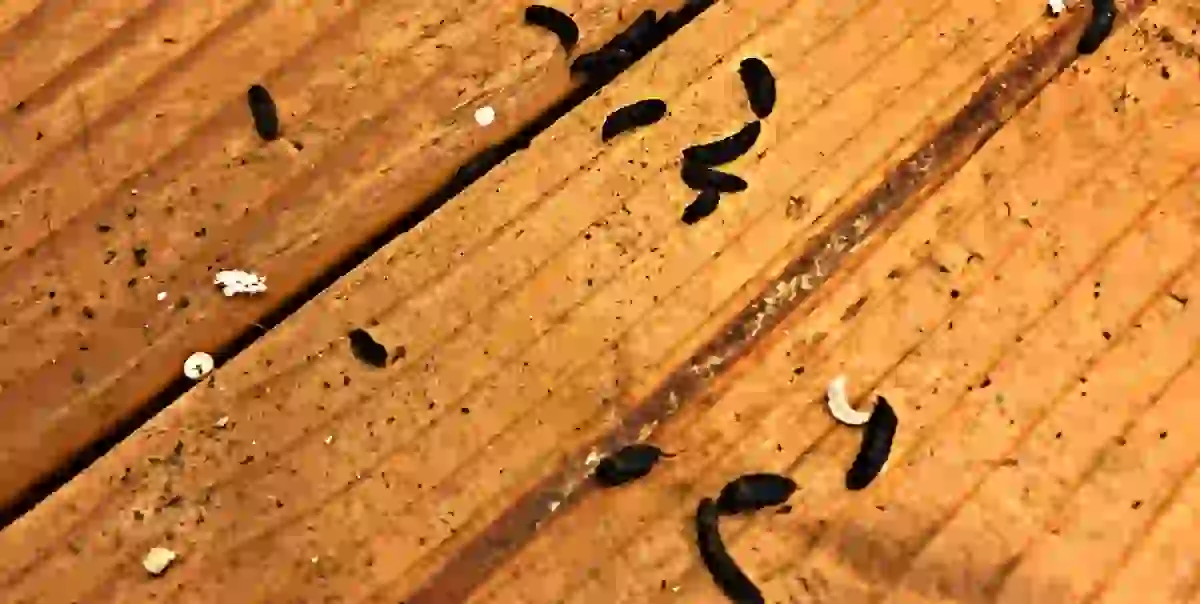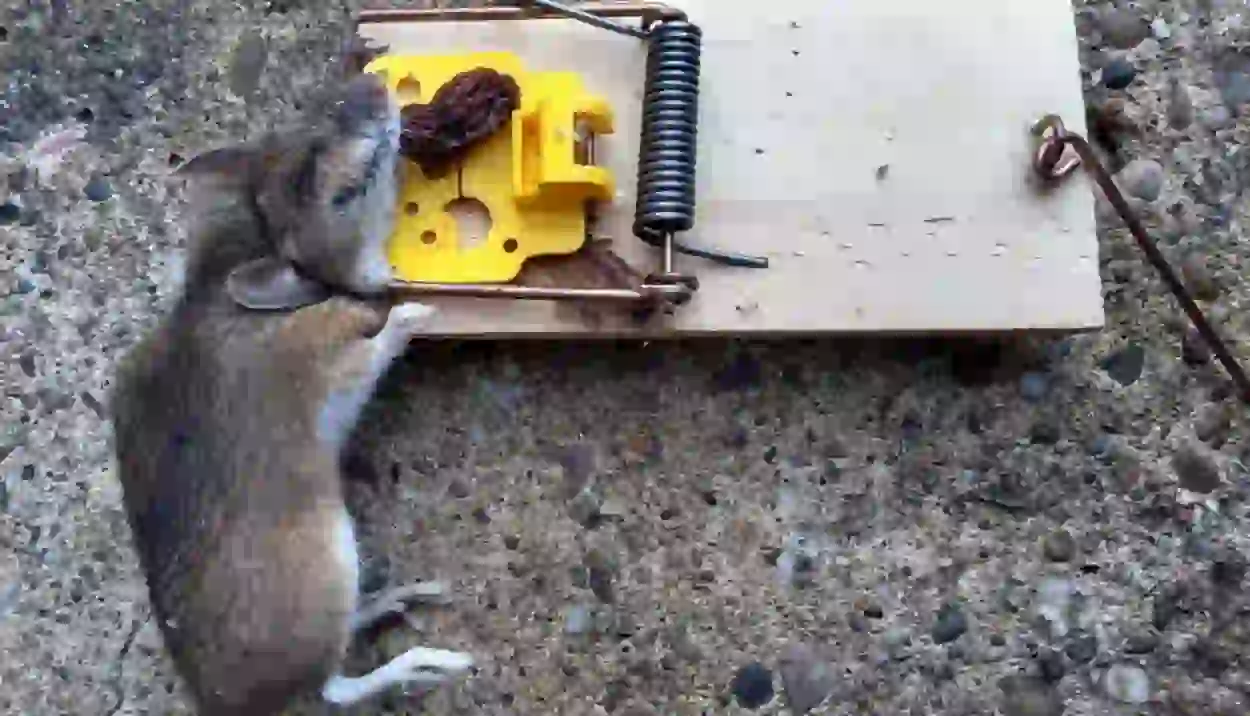Rodent damage to car wiring insurance is usually covered under comprehensive car insurance. However, you have to check if your insurance policy includes this coverage, as not all policies do. With comprehensive coverage and after meeting your deductible, your insurance will typically help offset the cost of repairs. Additionally, there are steps you can take to prevent rodents like rats from damaging your car’s wires in the first place.
Rodent damage to car wiring insurance: are you covered?

With comprehensive car insurance coverage, the cost of repairing or replacing the damage caused by rodents, such as frayed wires, is generally covered. Rodents are a common issue, and they can easily make their way into your car, truck, or RV, causing damage to electrical wires
This damage can result in costly repairs and even render your vehicle inoperable, costing you hundreds or even thousands of dollars to repair.
Comprehensive insurance coverage compensates for damage to your car or truck from any non-collision related incidents. This type of coverage not only covers damage to wires but also includes expenses for the following:
- Hail damage
- Falling objects
- Vandalism
Thus, comprehensive insurance provides a comprehensive solution for various types of damage that your vehicle may face.
Check with your insurance company to ensure that rodent damage is covered under your policy, as coverage may vary by location and circumstances. If you lease or finance your car, comprehensive coverage is typically a mandatory requirement of the contract in order to protect the lender’s investment.
However, if you own your car outright, comprehensive coverage is an optional add-on that you can choose to include in your policy. It’s advisable to review your auto insurance coverage before you encounter rodent damage to determine if you have rodent damage to car wiring insurance protection in place.
The cost of adding comprehensive coverage to your car insurance policy is usually an additional 7% to 11% on top of a basic liability-only insurance plan. However, the exact cost will vary depending on factors such as the make and model of your car, your location, and your driving history.
Note that your insurance coverage will only pay for the cost of the damage if it exceeds your deductible. For example, if the cost of repairing wiring damage is $400 but your deductible is $500, your insurance will not cover the expenses, and you will be responsible for paying the entire amount.
If your car wiring is damaged by rodents like rats or squirrels and you don’t have comprehensive coverage or your deductible is too high for coverage to take effect, you will be responsible for paying for the repairs out of pocket.
It’s recommended to add comprehensive coverage to your insurance policy after the repairs are completed, as rodents often target the same vehicle more than once. While you may not be able to recoup the costs from this incident, having comprehensive rodent damage to car wiring insurance coverage in place can save you from future headaches.
How about your homeowners insurance?
Homeowners insurance does not provide coverage for damage to your vehicle, even if it is parked in your home or on your property when the damage occurs.
Furthermore, damage caused by rodents is generally not covered by homeowners or renters insurance, so you would not be able to file a claim if the rodent damaged the wiring in your home.
Read also: renters insurance cover rat damage in storage units?
Why do rodents eat car wires?
Rodents such as mice, rats, raccoons, chipmunks, squirrels, or other similar animals hide under the car hood, often leading to them gnawing on engine wires.
The reason why rodents are attracted to chewing on wires in cars, trucks, and RVs is unclear. However, some experts suggest that the wires resemble branches, and the rodents believe they are chewing on wood to wear down their constantly growing teeth. Others have suggested that car manufacturers’ switched to using soy-based wire casings encourage rodents to eat them for their nutritional value.
According to a lawsuit filed in August 2016, Toyota’s decision to switch from petroleum-based insulation to soy-based insulation for engine wiring has made the wiring more appealing to rodents who are prone to chewing on it. It was partly dismissed in 2018, indicating that the soy-based wiring may not be the definitive cause of rodent damage.
How do I get rid of rodents chewing my car wires?
While rodent damage to car wiring insurance can help offset the cost of repairing your vehicle after it has been damaged by vermin, it’s always best to prevent the damage from occurring or reoccurring in the first place. Here are some ways to protect your vehicle’s wiring from rats, squirrels, and other pests:
1. Park the car in a safer location
If possible, park your car inside your garage, where mice and rats will have difficulty accessing your vehicle. Make sure to seal any holes in the garage walls that you can find. If indoor parking is not an option, look for a place away from grass and other areas where pests could hide.
2. Eliminate rodent food sources
Food is the primary attraction for pests, so removing food sources away from your car can help solve the problem. Ensure that your garbage cans are securely sealed and don’t store pet food or other edible items where rats, squirrels, or mice can access them.
3. Use repellents or traps
You can use sonic repelling devices or traps to deter or catch rodents. This method is most effective if your car is parked in an enclosed area.
4. Install rodent tape or chemical deterrents
You can deter rodents from chewing on their car’s wires by wrapping the wires with spicy tape. Additionally, bitter or sour sprays that rodents dislike can also be effective.
5. Don’t leave the car parked for too long
Rodents are more likely to invade a vehicle that has been parked for an extended period of time. Driving your car daily or at least once a week can make it a less desirable target.
Do I have full comprehensive coverage?
Before you file a claim for rodent-related damage to your car’s wires, confirm that you have comprehensive coverage. The easiest way to do this is to review your policy declarations page. Some auto insurance companies refer to this coverage as “comprehensive,” while others may call it “other than collision” coverage. While this type of coverage typically comes with a deductible, not all insurance carriers require one. If you are unsure, you can always reach out to your insurance agent for clarification.






